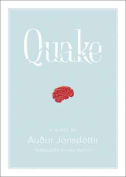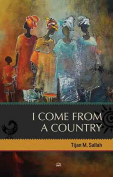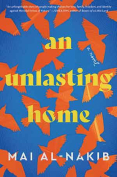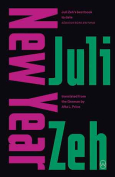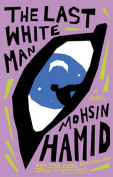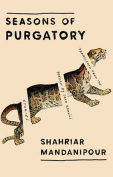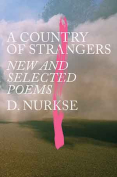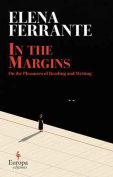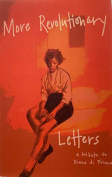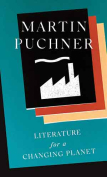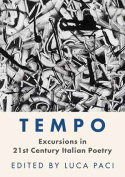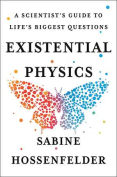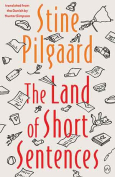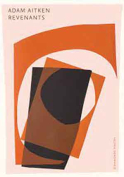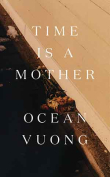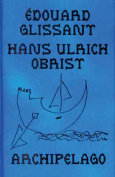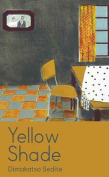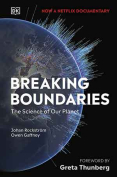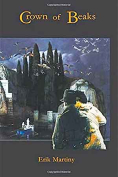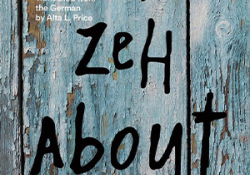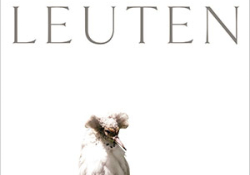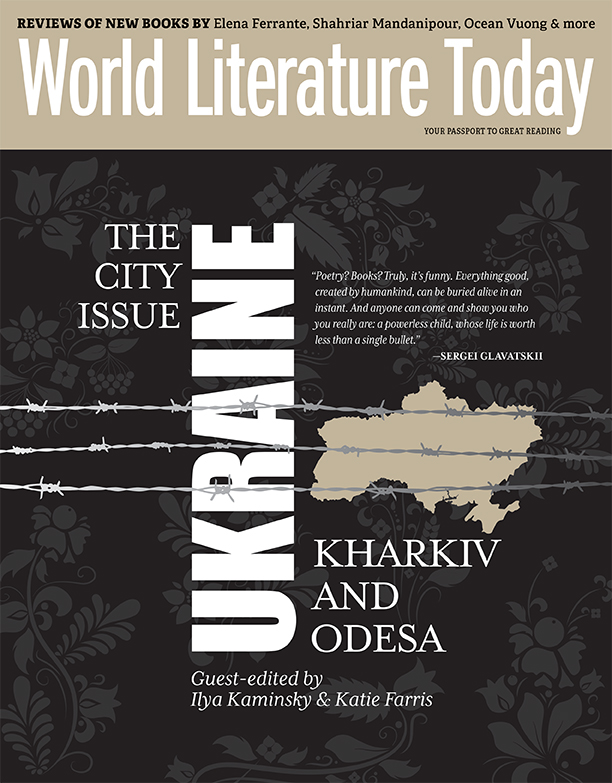New Year by Juli Zeh
 London. World Editions. 2021. 288 pages.
London. World Editions. 2021. 288 pages.
THERE ARE PLACES we feel drawn to without knowing why—landscapes that beckon, cityscapes that call. For some people, it’s a travel destination they’ve always dreamed of. For others, it’s a place they find themselves returning to time and time again. For a few, it’s a place they never expected to be, but once there, they feel overcome by a strange sense of familiarity. Why are we drawn to certain places? What do we want from them? Or, more pointedly, what do they want with us? Is the relationship between the self and faraway places emotional, psychological, spiritual? And what happens when such longing, often romantic, becomes perilous? These questions are at the heart of Juli Zeh’s recently translated psychological thriller, New Year.
The novel’s protagonist, Henning, has booked a vacation with his family on the island of Lanzarote over the New Year’s holiday on a whim. He finds the place charming, while his wife seems irked by the decision, and the vacation has proven more work than leisure for the parents of two small children. While on a bike ride alone on New Year’s Day, Henning finds himself compelled, inexplicably, to take a mountain path up to the town of Femés. The novel takes place over the course of a few hours, as Henning cycles laboriously up the steep mountain road, woefully ill-equipped for the ride. He has neither a proper bike for such a trek nor proper clothing, water, food, or money. Nevertheless, the mountain calls, Henning struggles up it, and the reader plods along with him.
Initially, the narrow focus and time frame of the novel read monotonously, as Henning ruminates about his life—his insecurities about his marriage, the panic attacks that plague him, his overwhelming parental responsibilities. Henning feels inept in almost every aspect of his life, and his mantra as he labors up the mountain, “new year, new you,” seems more helpless than resolute. He doesn’t know how to improve his situation, and so he relies on the shallow clichés of self-improvement that reach their fevered pitch around the New Year’s holiday. As irony would have it, however, this trip will result in a “new him,” but not because of a new exercise regime or other effort at self-optimization—and here is where the novel’s narrow focus pays off. A wholly unexpected and utterly terrifying encounter with a place of his past while on his bike ride uncovers a deeply repressed truth about Henning. The novel quickly turns dark, and suddenly we are in a different time and place with him.
Zeh’s suspense writing is masterful. She is at her best when lampooning the social nonsense that makes individuals feel inadequate (like neoliberal discourses of self-optimization) and when she delves into the psychology of an individual or social group. In New Year, she spins a tale of the uncanny, as Henning encounters items from his childhood in this far-flung vacation destination, items that unlock a repressed childhood trauma. All the while, Zeh plays on our liminal position as readers—in the story and yet not, in Henning’s head yet not him—to craft the effect of simultaneous familiarity and strangeness that Henning is experiencing.
Zeh rent me in two as a reader. The narrative focalization through Henning’s thoughts and memories puts the reader in the position of identifying with him, at least to some extent, and yet, as someone simultaneously outside of his world, we are also helpless to protect him. Zeh pulls us in while keeping us locked out. Her straightforward style leaves few obstacles for the reader, and Price’s translation is crisp. This no-nonsense style lends itself well to fast-paced reading, keeping us in the tension that makes this book a page-turner. As for Henning, he comes out the other side of this experience changed. Whether for better or worse, I’ll leave the reader to find out.
Necia Chronister
Kansas State University
When you buy a book using our Bookshop Affiliate links on this page, WLT receives a commission. Thank you for your support!
